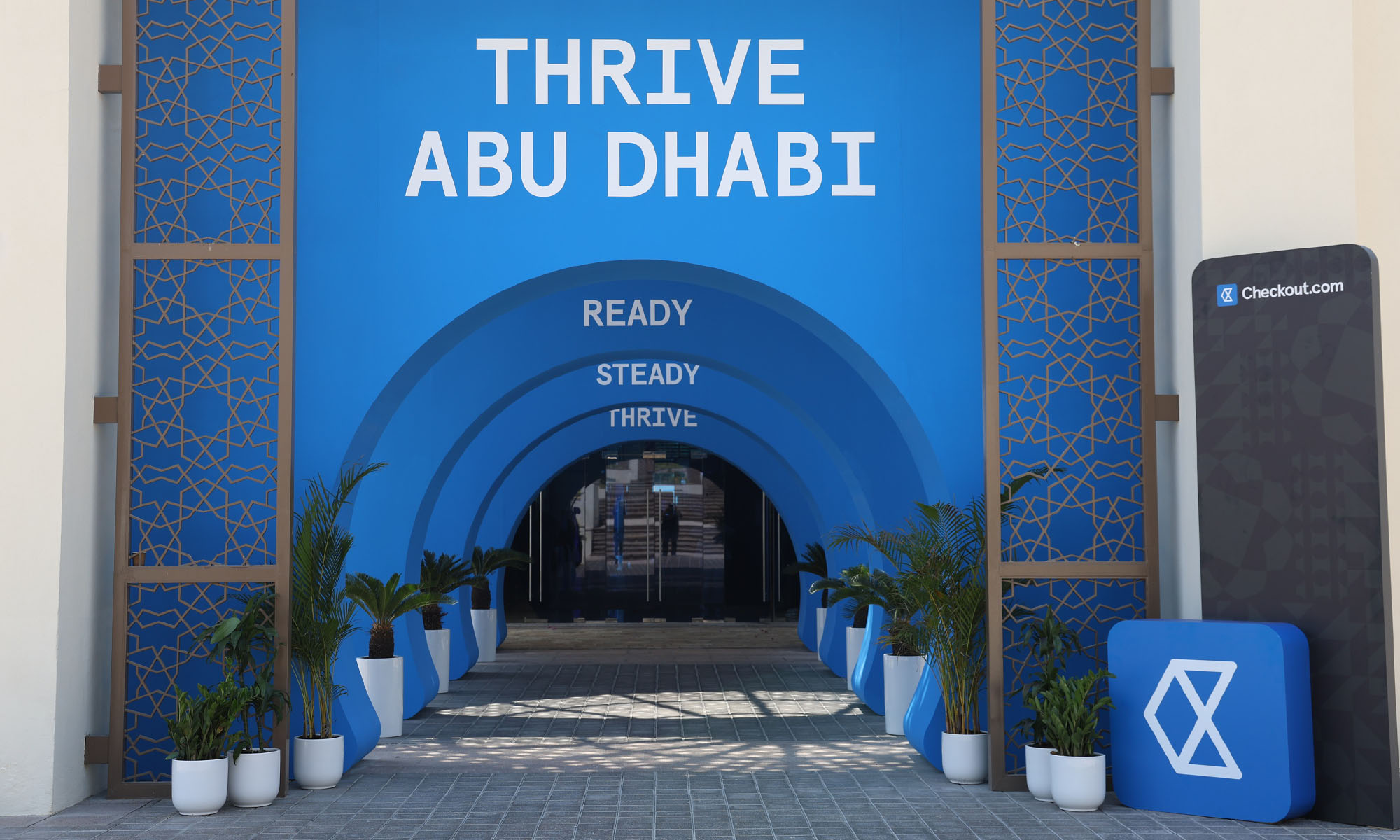News
Improving In-App Payment Processing For Ramadan
Checkout.com’s MENA representative believes in-app payments present an untapped opportunity for revenue growth, especially during busy calendar events.

In today’s digital-first era, Ramadan witnesses a massive surge in app browsing and mobile shopping. Payment processor Checkout.com reported a 69% increase in online transaction processing volumes during Ramadan in 2023, with a remarkable 143% rise from 2021 to 2023. This trend underscores the growing trust in digital payment systems fueled by advancements in security and fraud prevention measures. Notably, based on further data from Checkout.com, fraud rates for online transactions during Ramadan in the region decreased by two-thirds between 2021 and 2023.
According to Checkout.com’s MENA General Manager Remo Giovanni Abbondandolo, one way to capitalize on e-commerce surges is by optimizing in-app payment processing. In-app payments present an untapped opportunity for revenue growth during Ramadan, offering various monetization avenues, such as subscription payments for exclusive content.
In-app payment processing enables merchants to accept payments directly within their mobile apps, streamlining the checkout process and enhancing security. However, integrating mobile payment technology via a payment service provider (PSP) requires compliance with Apple or Google’s app store guidelines.
Checkout.com’s Abbondandolo also emphasizes the significant benefits merchants in the GCC can reap from refining their in-app payments, including:
- Improved Conversions: Simplifying the checkout process within the app reduces cart abandonment rates, leading to higher conversion rates.
- Increased Revenue: Seamless in-app payments translate to enhanced conversions, resulting in higher revenue generation.
- Enhanced Customer Retention: In-app payments deliver a frictionless experience, encouraging users to spend more time within the app and boosting retention rates.
- Expedited Settlements: Direct account-to-account payment methods enable faster settlement times compared to card payments.
Also Read: Qatar Airways Unveils The World’s First AI Cabin Crew
However, merchants should consider potential drawbacks, such as high commissions and limited flexibility in payment methods beyond Apple Pay or Google Pay.
Despite these challenges, Abbondandolo suggests that the benefits of in-app payments outweigh the drawbacks, especially during busy seasons like Ramadan. The takeaway from payment processors like Checkout.com is clear: Merchants must adopt a strategic approach to optimize user experience while managing commission costs and adhering to app store regulations.
News
Checkout.com Set To Launch Card Issuing In The UAE
The payment service provider’s expansion is a first-of-its-kind investment and could reshape digital transactions across the region.

Checkout.com is laying the groundwork to become the first global payments platform to introduce card issuing in the United Arab Emirates — a move that could reshape how businesses in the region manage financial transactions.
The company plans to roll out its domestic card issuance offering in the UAE by 2026, subject to regulatory approval. The launch would give businesses the tools to issue both physical and virtual branded cards. This, in turn, opens up new ways to reward customers, streamline expense processes, and handle B2B payouts efficiently.
Checkout.com’s CEO and Founder, Guillaume Pousaz, revealed the plans during Thrive Abu Dhabi, the firm’s debut conference in the Emirates. Joined on stage by Remo Giovanni Abbondandolo, General Manager for MENA, Pousaz presented to an audience of over 150 partners and merchants at Saadiyat Island. Also in attendance was H.E. Omar Sultan Al Olama, the UAE’s Minister of State for Artificial Intelligence, Digital Economy, and Remote Work Applications.

Abbondandolo highlighted the strategic importance of the announcement: “As a global business, we focus on bringing products to markets that our customers want and need. Today’s announcement is proof of our commitment to the MENA region and its rising influence in the digital economy. The appetite for innovation here is real, and we’re proud to be building the infrastructure that powers it”.
One early adopter of Checkout.com’s UAE acquiring services is Headout, a travel experiences marketplace, which recently named the payment provider as its main partner in Europe. The company has already begun card issuing there and is keen to expand that offering into MENA once approval is granted.
The expansion of services in the UAE and beyond builds on Checkout.com’s track record in the region. It was the first global payments firm to secure a Retail Payment Services license from the UAE’s Central Bank and was instrumental in rolling out Mada and Apple Pay in both the UAE and Saudi Arabia.
Also Read: Protecting Your WhatsApp Account From Hackers: Kaspersky Expert Tips
The firm has also been rolling out new products: One of the latest is Flow Remember Me, currently in beta testing. It allows shoppers to store their card information once and access it across Checkout.com’s entire network, potentially cutting checkout times by up to 70%.
Earlier this year, Checkout.com also introduced Visa Direct’s Push-to-Card solution in the UAE, enabling both domestic and international payouts. Its collaboration with Mastercard has grown as well, making it easier for businesses to send funds directly to third-party cards securely and quickly.
With regional tech ambitions on the rise — spurred by initiatives like Saudi Arabia’s Vision 2030 and the UAE’s 2031 Agenda — Checkout.com sees its role as one of a key enabler. “Our mission is to help ambitious businesses navigate the complexity of payments, so they can move faster, go further, and make the most of every opportunity,” said Abbondandolo. “In MENA, performance is personal. It’s local. It’s built on trust. And when payments perform, businesses thrive”.

























